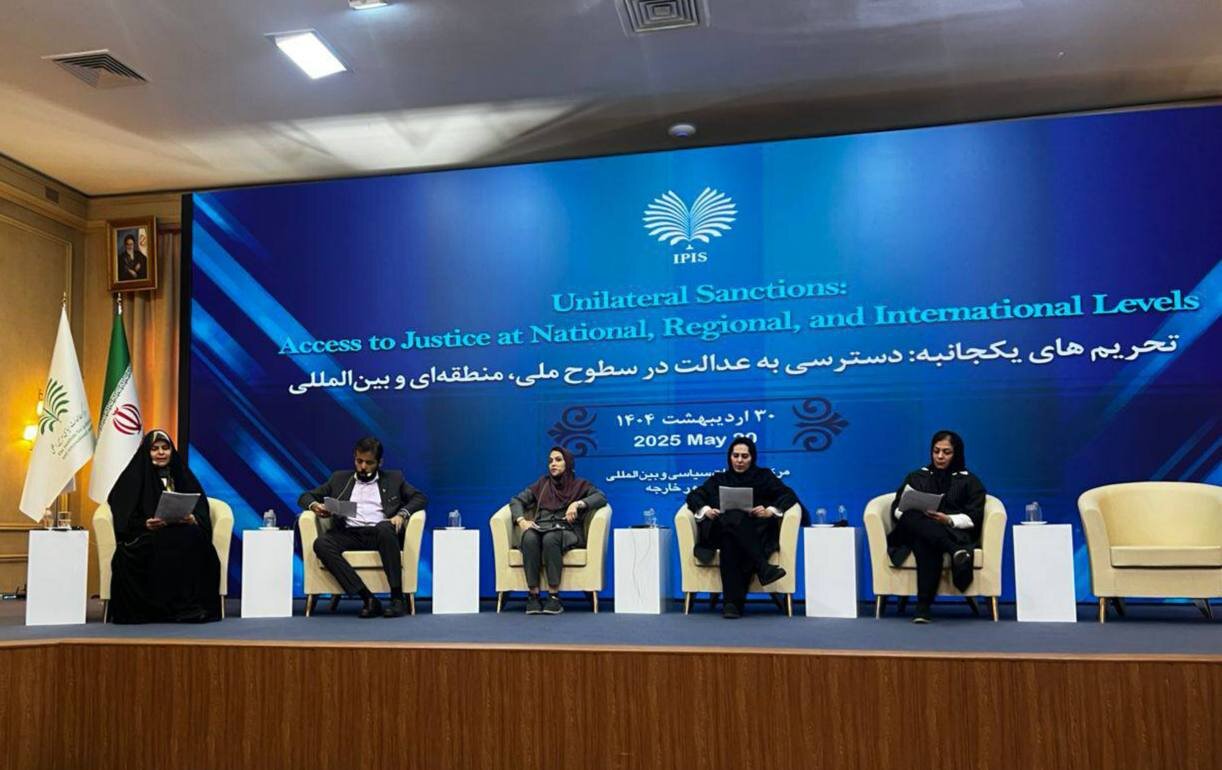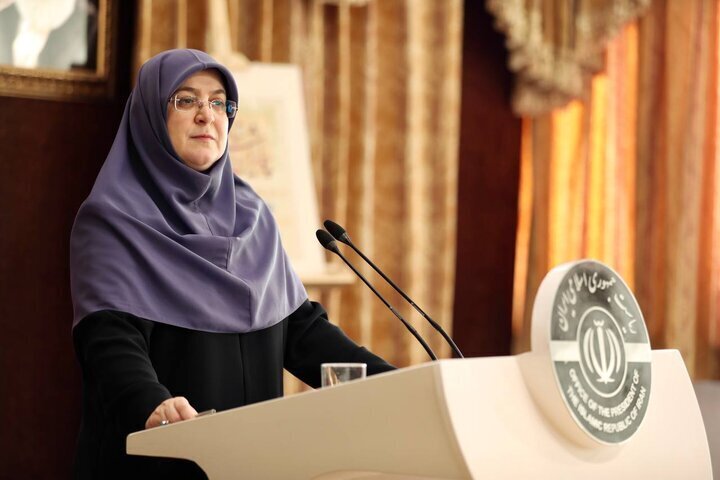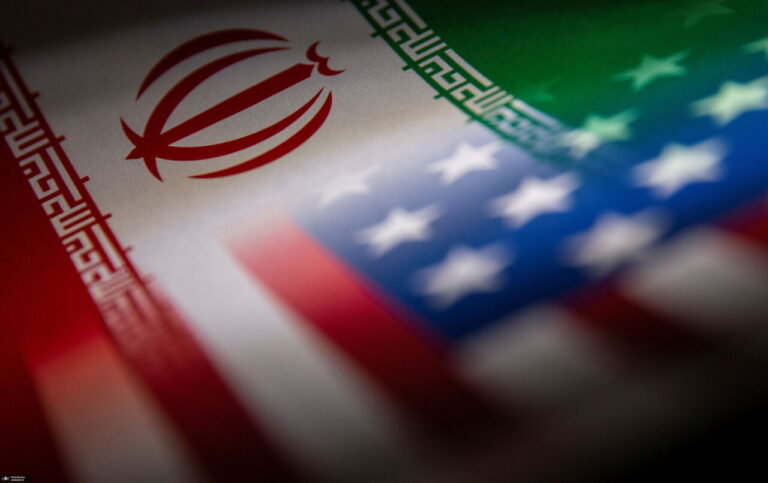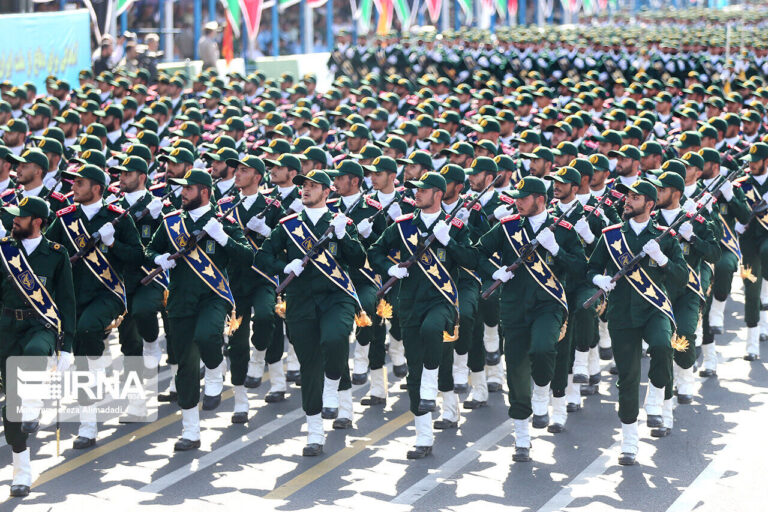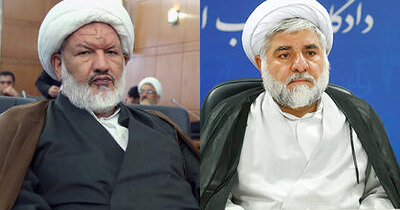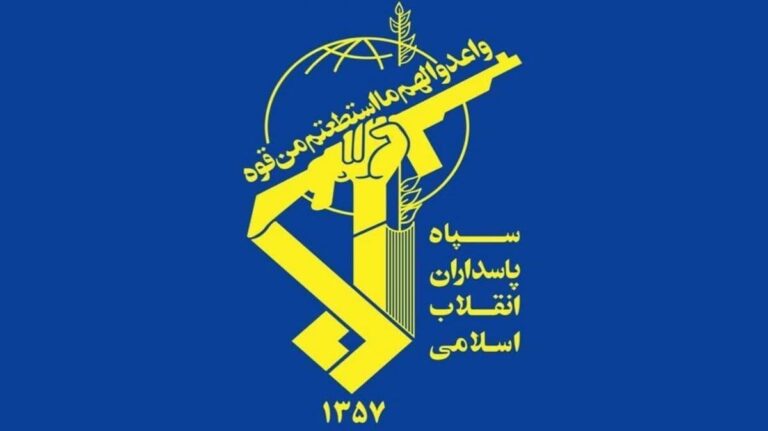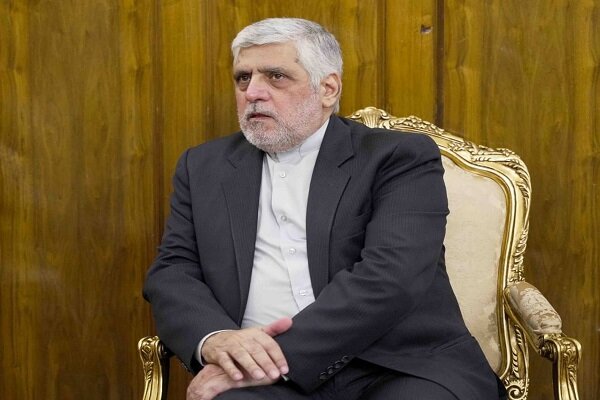Exploring the Impact of Unilateral Sanctions on Human Rights: A Global Perspective
In a significant event addressing the impact of sanctions on human rights, the Institute for Political and International Studies (IPIS) in Tehran hosted a conference that gathered notable figures and experts. The focus was on understanding “The Negative Impact of Unilateral Sanctions on the Enjoyment of Human Rights” and how these sanctions affect the Iranian populace.
The conference was attended by key stakeholders, including Kazem Gharibabadi, Deputy Foreign Minister for Legal and International Affairs of Iran, and Alena Douhan, United Nations Special Rapporteur, alongside a host of humanitarian rights activists and experts. This gathering aimed to shed light on the far-reaching consequences of unilateral sanctions imposed on Iran.
During the discussions, Dr. Mona Rahmani, CEO of the International Institute of Future Development Advocates, shared her insights, emphasizing the dual nature of sanctions. She stated, “Sanctions, despite their pain and hardship, have also created a platform for transformation. The Iranian people, throughout history, have proven to be resilient, innovative, and capable of creating new paths under pressure. From within the constraints of sanctions, seeds of self-sufficiency, innovation, and localized lifestyles have emerged — seeds that, if properly nurtured, could become part of the solution.”
Dr. Rahmani highlighted the role of social activists in advocating for the Iranian people’s rights, stressing that overcoming the effects of sanctions involves:
- Macro-level national decisions: These decisions are crucial for addressing the broader economic impacts.
- Fair implementation of international law: This ensures that humanitarian rights are respected.
- Rigorous oversight: Mechanisms related to humanitarian rights must be closely monitored.
She passionately articulated, “As social activists, we consider it our duty to be the voice of our beloved people in all global communities and assemblies — in the hope that the Iranian lifestyle one day reflects not the burden of unjust sanctions, but the right to choice, equality, and justice as enshrined in humanitarian rights charters.”
Moreover, Dr. Rahmani pointed out the direct negative impact of economic pressures on family structures, particularly affecting small and home-based businesses. She stated: “Economic pressures have weakened the family structure, and in many cases, led to its disintegration — particularly through the collapse of small and home-based businesses.”
To illustrate the severity of the situation, she noted that:
- At least 30% of rural carpet weaving workshops have shut down.
- The export volume of carpets from Iran has plummeted by 90% since 2017.
- The industry, which once employed nearly 2 million people, now leaves approximately 8 million individuals without jobs.
Dr. Rahmani further elaborated on the social consequences of these economic strains, indicating a delay in marriage ages and subsequent declines in birth rates, which are contributing to a shrinking demographic window in Iran.
She also touched on a profoundly human aspect often overlooked: “There is something important that statistics often fail to reflect, yet it flows through the daily life of the Iranian people: throughout these years, we have shared our tables with millions of migrants and refugees living in Iran. Despite all hardships, the people of Iran chose to uphold not only their own dignity, but that of displaced people as well.”
During the conference, Younes Arab, Director of the Thalassemia Association, addressed the sanctions’ impact on healthcare. He noted that limited access to essential services has critically affected thalassemia patients, disrupting many aspects of their medical care.
Furthermore, Ms. Rezaei, a representative of the Autism Association, highlighted export restrictions on vital medications for autism patients from European countries. She stated that these restrictions significantly impact the social lives of patients and their families.
Another expert, Ms. Akhavan, a university professor and board member of the Thalassemia Association, discussed the challenges faced by thalassemia patients in Iran. She emphasized the need for greater support and the removal of barriers affecting their access to essential medicines and medical equipment.
The conference also featured speeches from various distinguished individuals, including:
- The Deputy Foreign Minister for Legal and International Affairs
- The UN Human Rights Council’s Special Rapporteur on unilateral coercive measures
- The UN Independent Expert on foreign debt and human rights
- Representatives from the Group of Friends in Defense of the UN Charter
- The Head of Legal Affairs at the Presidential Office
- International law scholars and NGO representatives
Participants at the conference underscored the urgent need for access to justice to mitigate the growing effects of unilateral sanctions and explored mechanisms to hold the sanctioning entities accountable.
This event served not only as a platform for discussion but also as a crucial step towards raising awareness about the humanitarian impacts of sanctions and advocating for the rights of the Iranian people.
